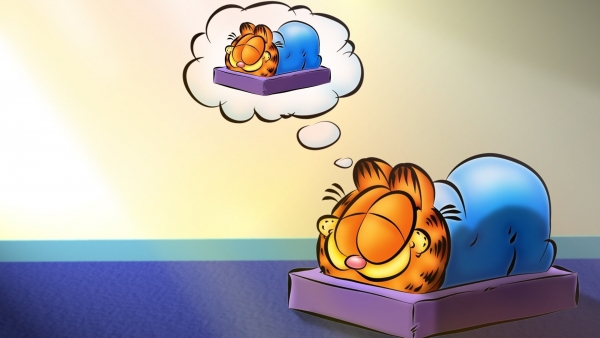“What is common in all these dreams is obvious. They completely satisfy wishes excited during the day which remain unrealized. They are simply and undisguisedly realizations of wishes.”
~ Sigmund Freud, The Interpretation of Dreams
"The dream is a series of images, which are apparently contradictory and nonsensical, but arise in reality from psychologic material which yields a clear meaning."
~ Carl Jung, Psychology of the Unconscious
Dreams are by definition successions of images, ideas, emotions, and sensations that occur involuntarily in the mind during certain stages of sleep.
Dreams can range from normal and ordinary to overly surreal and bizarre. Dreams can have varying natures, such as frightening, exciting, magical, melancholic, adventurous, or sexual. The events in dreams are generally outside the control of the dreamer, with the exception of lucid dreaming, where the dreamer is self-aware. Dreams are also known at times make a creative thought occur to the person or give a sense of inspiration.
Dreams can last for a few seconds, or as long as twenty minutes. People are more likely to remember the dream if they are awakened during the REM phase (see more on REM sleep in the Sleep Stages page). The average person has three to five dreams per night, but some may have up to seven dreams in one night. The dreams tend to last longer as the night progresses. During a full eight-hour night sleep, two hours of it is spent dreaming.
